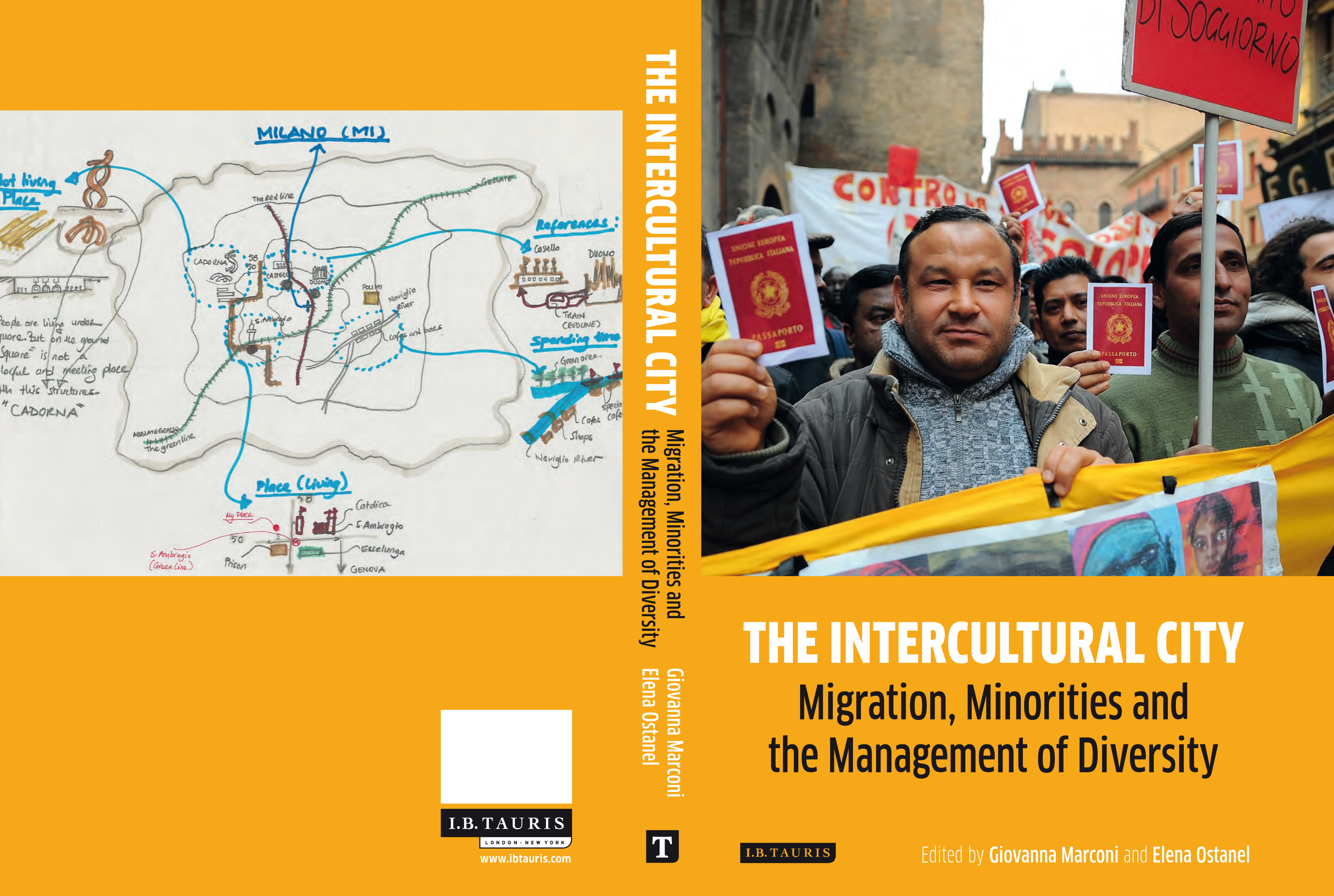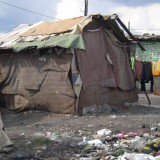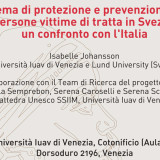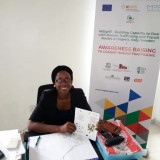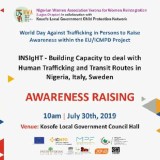book “The Intercultural City: Migration, Minorities and the Management of Diversity “
edited by Giovanna Marconi and Elena Ostanel,
with chapters by: Ruth Fincher (University of Melbourne); Marco Cremaschi (SciencePO) e Carlotta Fioretti (Università Roma Tre); Michail Galanakis (University of Helsinki); Kseniya Khovanova-Rubicondo, (Council of Europe); Loren B. Landau, (ACMS, University of the Witwatersrand); Peggy Levitt (Wellesley College); Alexei Medvedev (KWB, Hamburg); Nausica Pezzoni (Politecnico di Milano); Gill Valentine and Lucy Mayblin (University of Sheffield); Giovanna Marconi, Elena Ostanel, Marcello Balbo, Adriano Cancellieri (SSIIM Unesco Chair)
Cities around the world are facing increasingly diverse populations as a result of migration. The resulting
cultural differences can create problems and conflict. In Europe alone, the sheer scale of migration is forcing the issue to the top of the political agenda. Yet cities that are able to manage diversity successfully can benefit from
the potential of migrants and minorities for entrepreneurship and innovation.
This book brings together scholars from a range of disciplines — including urban studies, geography, planning, sociology, political science and spatial design — to explore both the failings of existing policies to manage diversity
and to examine how one might begin to create appropriate governance structures to remove obstacles and enhance the integration of migrants and minorities. In particular, it explores the theoretical and policy potential that the notion of the intercultural city offers within the context of the contemporary globalized city. The aim is to provide a contribution to understanding if and why the application of an intercultural paradigm to cities experiencing growing ethno-cultural diversity might be useful (or not) for the advancement of urban societies, particularly with a view to what extent this paradigm presents (or not) a convincing approach towards an enhanced promotion of peaceful cohabitation, an equal ‘right to the city’ for all urban residents, social cohesion across differences, and collective civic growth.
Combining fresh theoretical insights with studies from cities in Europe, North America, Asia and Africa, “The Intercultural City: migration minorities and the manegement of diversity” offers a contribution to the challenge of managing diversity in the city of the twenty-first century in a period when the issue of migration has been thrust to the forefront of international attention.
Download the table of contents

